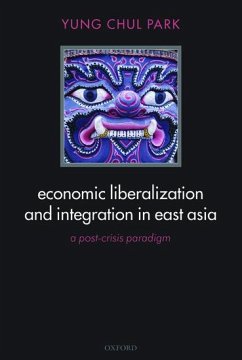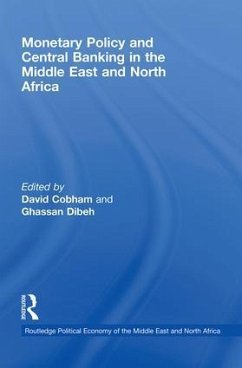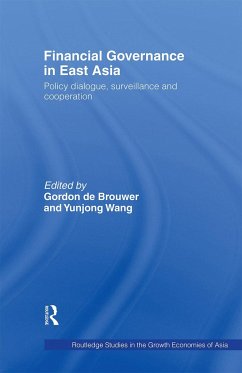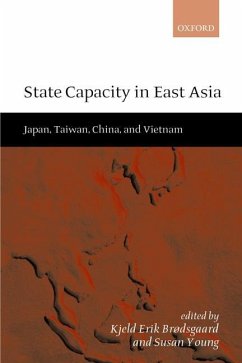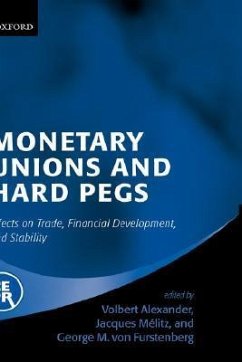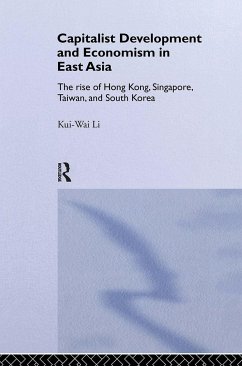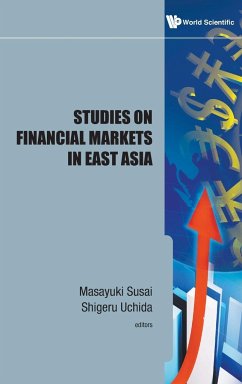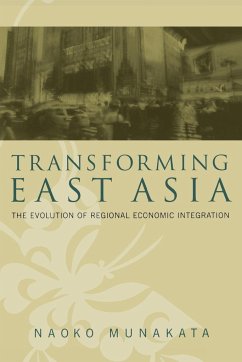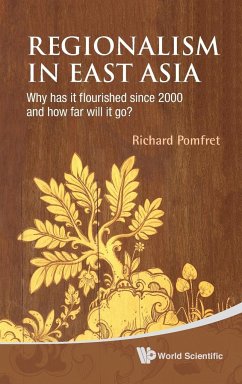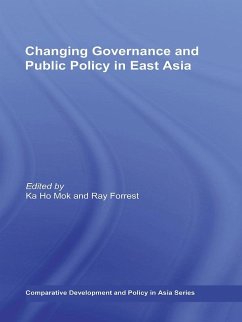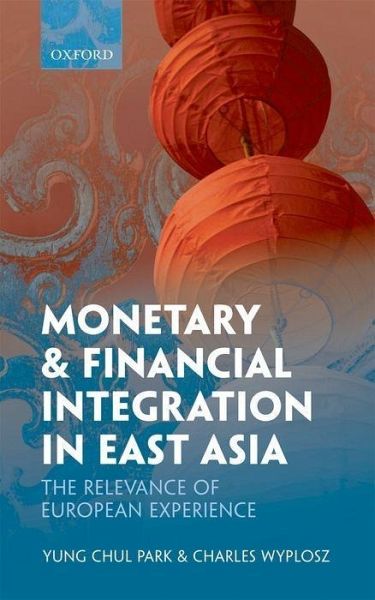
Monetary and Financial Integration in East Asia
The Relevance of European Experience
Versandkostenfrei!
Versandfertig in 1-2 Wochen
123,99 €
inkl. MwSt.

PAYBACK Punkte
62 °P sammeln!
This book looks at East Asia's monetary and financial integration from both Asian and European perspectives. It analyzes the Euro area's framework for monetary policy implementation, introduced in 1999. It reviews the efforts to foster regional monetary and financial integration and relates them to Europe's own evolution. It highlights successes and failures in both cases and offers a careful assessment of the state of play. A central theme of the volume is that the East Asian reliance on markets is not enough to promote the kind of deep integration that Europe has achieved and that provides protection against exchange rate turbulence. The implications of the recent global crisis are also examined. Written by two of the foremost monetary experts on Asia and Europe, this book will be an invaluable aid to students and academics interested in the relevance of the European experience to the debates about monetary integration in East Asia.





